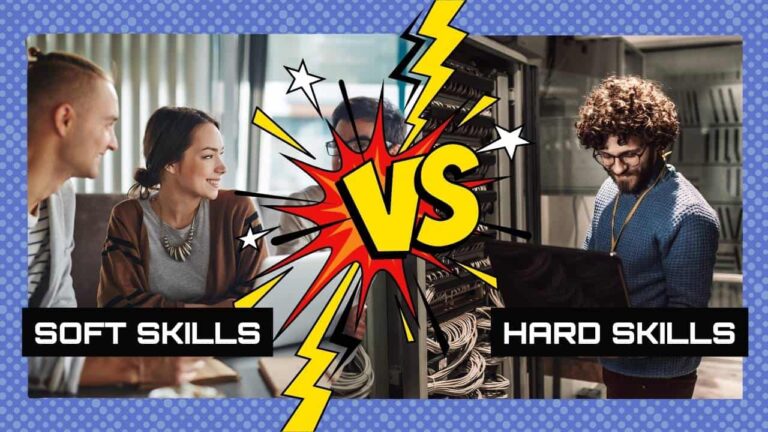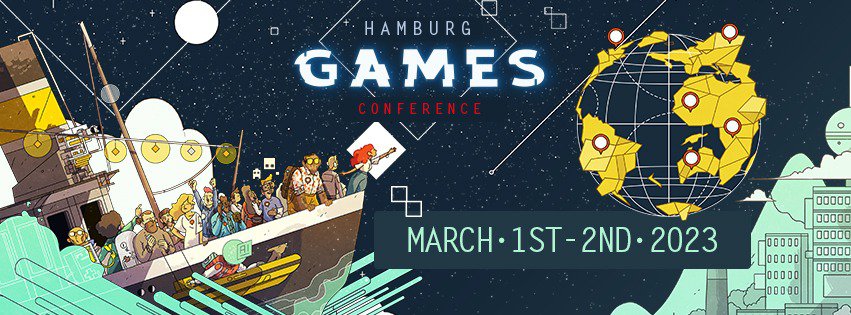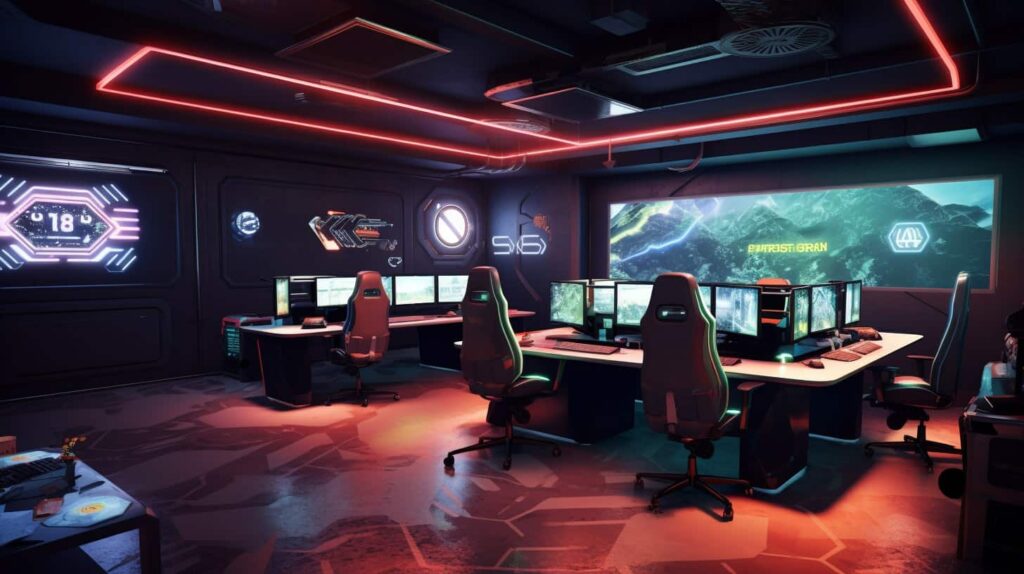Gaming and esports have established themselves as major players in the entertainment industry in recent years. You may be wondering how the skills you develop while playing games can be useful in the workplace. In this article, we'll introduce you to some gaming skills that can help you find a job and in your everyday working life.
Teamwork and communication
Whether in multiplayer games or esports teams, collaboration and effective communication are crucial for success. You'll learn to work with other players in a group to achieve common goals. This includes being able to express yourself effectively and listen to other teammates.

Teamwork and communication are equally important in professional life. You'll often work on projects that require collaboration with colleagues from different departments and hierarchical levels. Your gaming experience can help you act confidently in such situations and bring good communication skills to bear.
Strategic thinking and decision-making
In many games, it's important to quickly grasp complex situations and make appropriate decisions. You have to plan ahead and consider the possible consequences of your actions. These skills are especially important in strategy games or role-playing games.
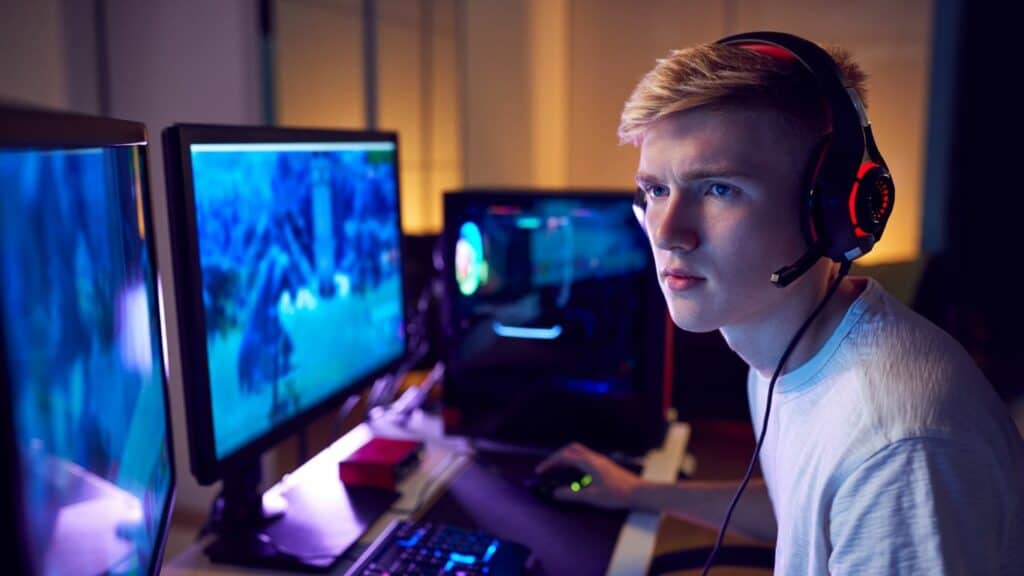
Strategic thinking and decision-making skills are also crucial in your professional life. You'll be faced with projects that require developing a long-term strategy or making difficult decisions. Your gaming experiences can help you develop a better understanding of such situations and make the right decisions.
Problem solving and creative thinking
Gaming continually presents you with challenges and requires you to adapt to changing conditions. You learn to recognize problems and find creative solutions to overcome them. You can try out different approaches and see which ones work best.
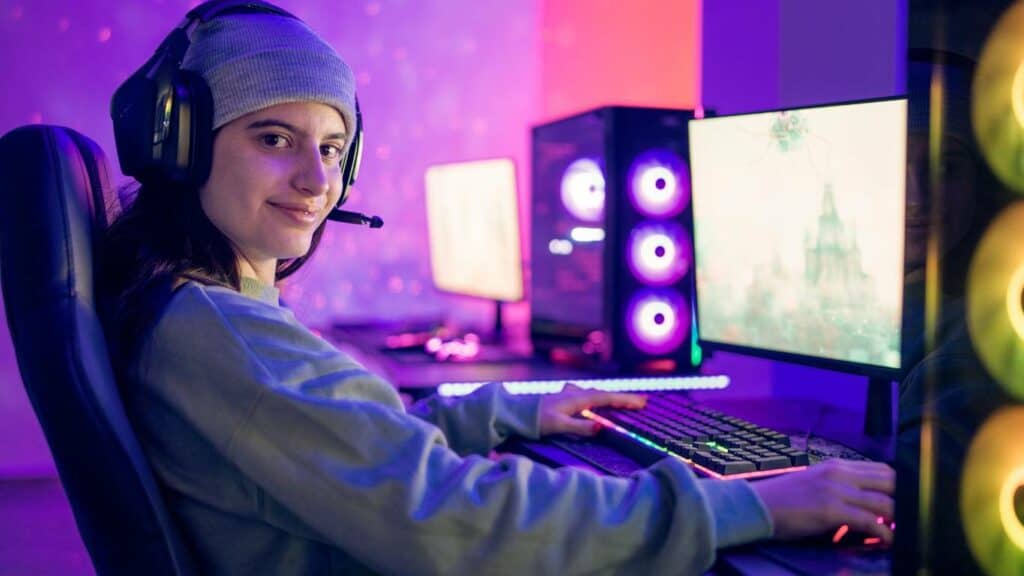
You'll encounter similar challenges in your professional life. Projects may pose unforeseen problems, or you may need to find new ways to complete a task more efficiently. Your gaming experience can help you develop creative solutions and solve problems successfully.
Multitasking and time management
In games, especially in action-packed or complex scenarios, you often have to manage multiple tasks simultaneously and set your priorities wisely. You'll learn to manage your time efficiently and ensure that all important tasks are completed.

Time management and multitasking are also crucial in your professional life. You're often tasked with multiple projects or tasks simultaneously, and it's important that you're able to complete them efficiently and on time. Your gaming experiences can help you set priorities and make the most of your time.
Resilience and stress management
Gaming can be frustrating when you lose or struggle to complete a certain level. However, you learn to cope with these situations by being resilient and using stress management techniques to stay motivated and focused.
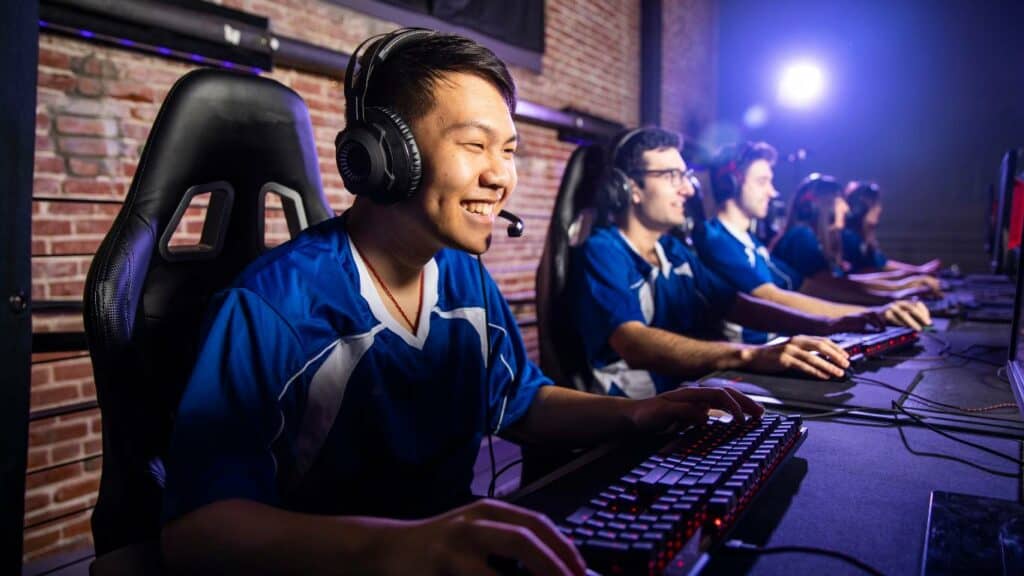
In your professional life, you'll also face setbacks and stressful situations. Your gaming experience can help you stay calm and collected in such situations and find ways to effectively manage stress.
Technical skills and computer affinity
As a gamer, you have basic and advanced computer skills, which can be a great advantage in today's digital workplace. You are familiar with various software programs, operating systems, and hardware components and can often solve technical problems independently.
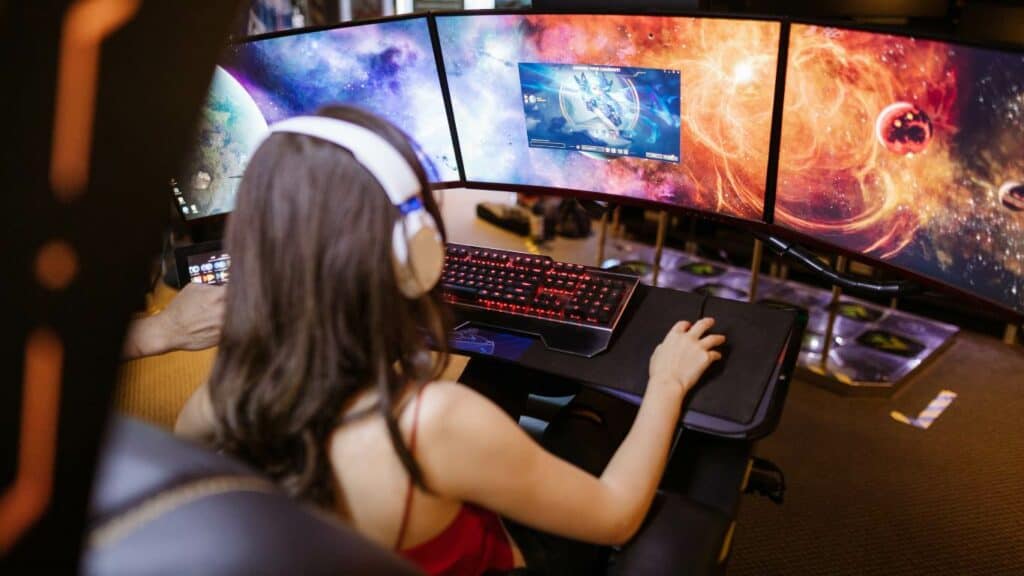
These skills are in demand in many professional fields, especially in the IT industry, but also in areas such as marketing, design, and project management. Your technical affinity and computer skills can help you succeed in these industries.
Networking and social skills
In the gaming community, you have the opportunity to network and build relationships with other gamers. You'll learn how to maintain networks and support one another. You'll also develop social skills such as empathy and understanding for others.
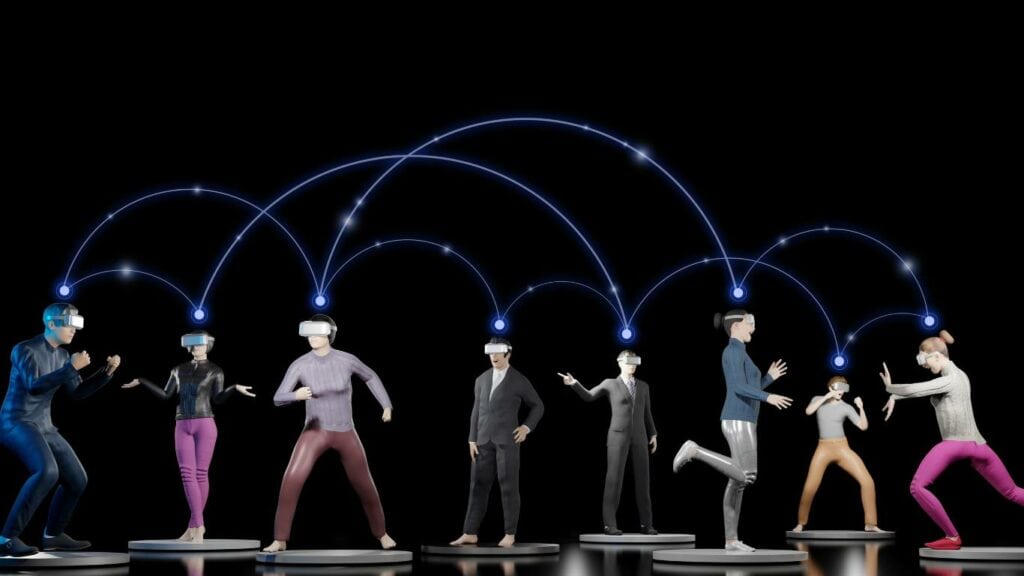
Networking and social skills are extremely important in your professional life. You'll be working with many different people, and it's important that you're able to build positive relationships with them. Your gaming experience can help you network effectively and bring good social skills to the table.
Conclusion
Gaming skills aren't just relevant for fun and leisure. They can also help you succeed in your career and make a valuable contribution to your work environment. The most important gaming skills relevant to the job market include teamwork and communication, strategic thinking and decision-making, problem-solving and creative thinking, multitasking and time management, resilience and stress management, technical skills and computer savvy, and networking and interpersonal skills.
Be aware of your gaming skills and use them as strengths in your professional life. You can highlight them on your resume and in interviews to show potential employers that you have valuable skills that set you apart from other applicants.
Overall, it's important to recognize that the skills you develop in gaming aren't limited to gaming. They can also transfer to your professional life and help you succeed in your chosen career path.





